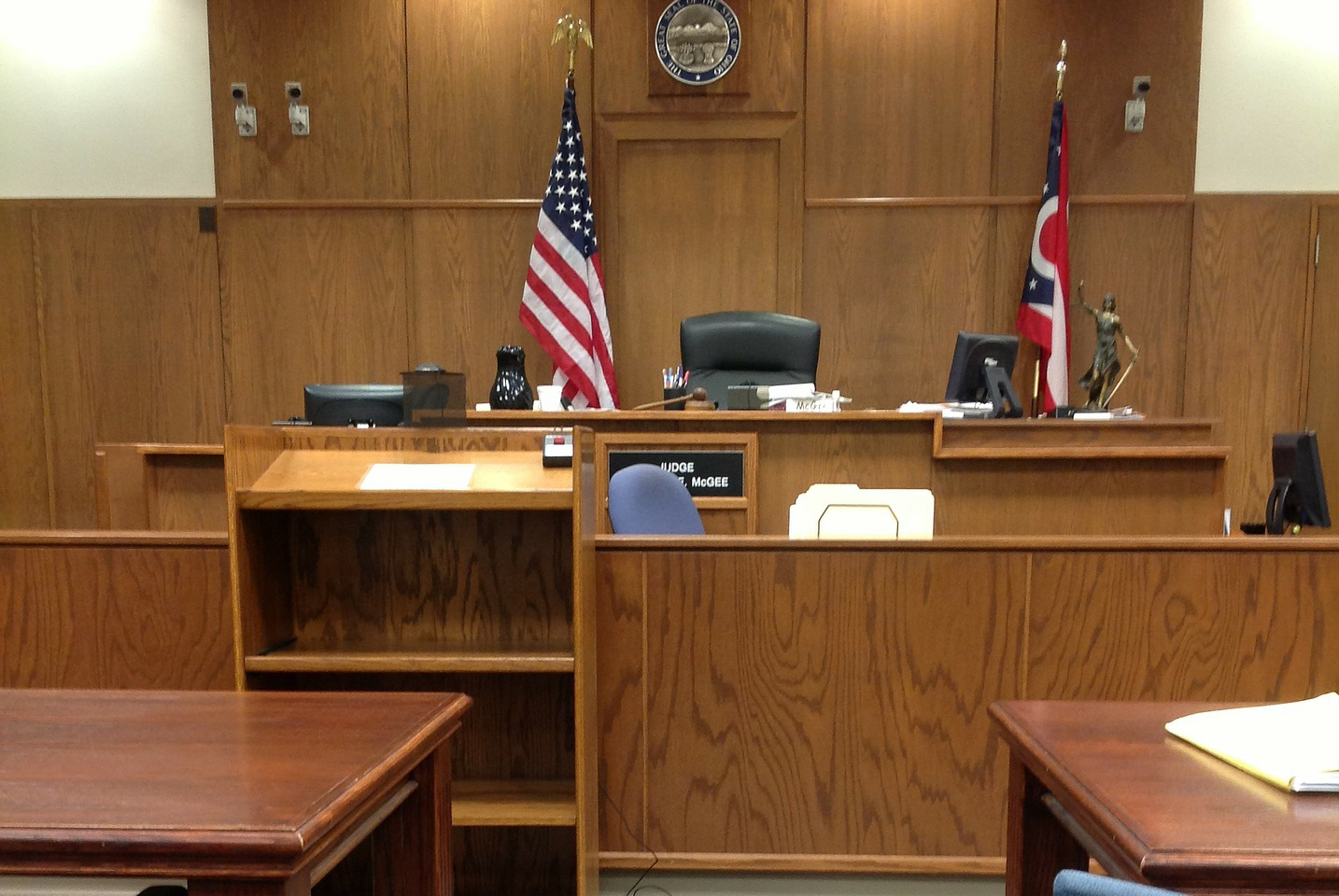The Role of an Expert Witness in Litigation

The value that an expert witness can provide to lawyers in litigation may not be quantifiable, but it is often underestimated. Selecting the right expert witness can prove to be more difficult than one might expect and the selection made could have larger impact on the case at hand. Experts can review significant portions of data and return an organized analysis contained in an expert report to the involved party in an effort to facilitate arbitration or mediation.
In an effort to analyze technical evidence experts are expected to analyze multiple disciplines of the business environment. In mediation, the expert may analyze the theories relating to the case, or quantify potential damages and then articulate this analysis in layman’s terms. Through mediation, the expert’s findings may be presented to the opposing party in an effort to convince them to consider their findings and opinions. An expert retained may wear many hats (i.e. consultant, economist) but in mediation their role will be to assist each party to understand their analysis and the supporting assumptions, in an effort to avoid trial.
When an expert witness is used in arbitration the expert’s role is not limited by evidentiary rules giving them the greater opportunity to potentially use and present expert evidence. The arbitrators that retain an expert are often experts of the subject matter in their own right. This enables the expert to hone in on more complex issues in which to testify.
In other litigation matters, an expert may be expected to provide testimony, produce relevant facts, identify strengths and weaknesses of the case, and provide an objective view. As aforementioned, selecting the right expert witness can prove to be difficult, but the added value from selecting an appropriate expert is conducive to building a strong case.
The perfect expert might not exist for a variety of reasons. Each expert witness offers something different in an effort to develop competitive advantage. Lawyers must weigh the risks and rewards each case presents in an effort to select the right expert witness. It is important to evaluate the witness’s technical skills and knowledge of the area in which they practice. Additionally, it is important to consider the expert’s professional experience and education. Practical experience allows for an expert to apply theory from academia to analyze real-world issues as experts with practical experience may be perceived as more credible to an arbitrator. Lastly, attorneys may want to gauge the expert’s communication skills and prior testimony experience. As previously mentioned, the expert’s role may be to articulate their findings in layman’s terms and if the selected expert witness lacks the necessary communication skills, these highly technical issues may be misunderstood to those unfamiliar with the subject. In mediation, effective communication enhances the understanding of the expert’s findings, which can improve the likelihood of arriving at an agreement. In arbitration, the communication style may be more detailed but without the sacrifice of confident and knowledgeable prowess.
Attorneys should analyze the above criterion when considering and hiring an expert witness. The expert should be able to apply these skills in order to enhance a legal case. Witnesses may need to analyze client documents, reports from opposing experts, and assist throughout the dispute process by applying the myriad of skills they bring to the table.
An important consideration for lawyers to consider is how they may need their expert to add value to the case at hand. An attorney may want to consider differences between an expert witness and a fact witness. The former can be expected to produce an opinion based on his or her analysis of available data; whereas, the latter may simply state factual information that is not reliant on objection assumptions. In either case, an expert can be expected to apply their highly technical skills to analyze documents and data relating to the matter.
Should an expert witness be retained to produce an opinion, it is important that this opinion is free of subjectivity. One of the roles of an expert witness is their objective view of the case. It is important that an expert maintain a reputation of objectivity. While attorneys are ethically obligated to advocate for the best interest of their clients, an expert is to maintain objectivity and determine what is considered reasonable and unreasonable based on this view. Expert testimony may be rendered useless if the expert fails to maintain this objective view of the case-at-hand. Producing a biased opinion not only harms the party’s case, but also jeopardizes the expert’s credibility in the future.
Get ready, because by subscribing to our email insights, you'll be among the first to hear from our experts about key issues directly impacting your privately held business or not-for-profit.